“We Face A Tangible Threat”: Scientists Speak About “Zombie Viruses” That Could Spark Pandemic
Categories: Health and Medicine | Healthy lifestyle | People | Science | World
By Vika https://pictolic.com/article/we-face-a-tangible-threat-scientists-speak-about-zombie-viruses-that-could-spark-pandemic.htmlMelting Arctic ice in Siberia may release ancient “zombie” viruses, posing a potential global health crisis, leading scientists have recently warned. Geneticist Jean-Michel Claverie, professor emeritus of medicine and genomics at Aix-Marseille University, told The Guardian: “We now face a tangible threat, and we need to be prepared to deal with it. It is as simple as that.”
The World Wide Fund for Nature (WWF) has already reported that the Arctic’s average temperature has risen at a rate three times higher than the global average and is the region with the highest rate of average temperature change.
6 PHOTOS
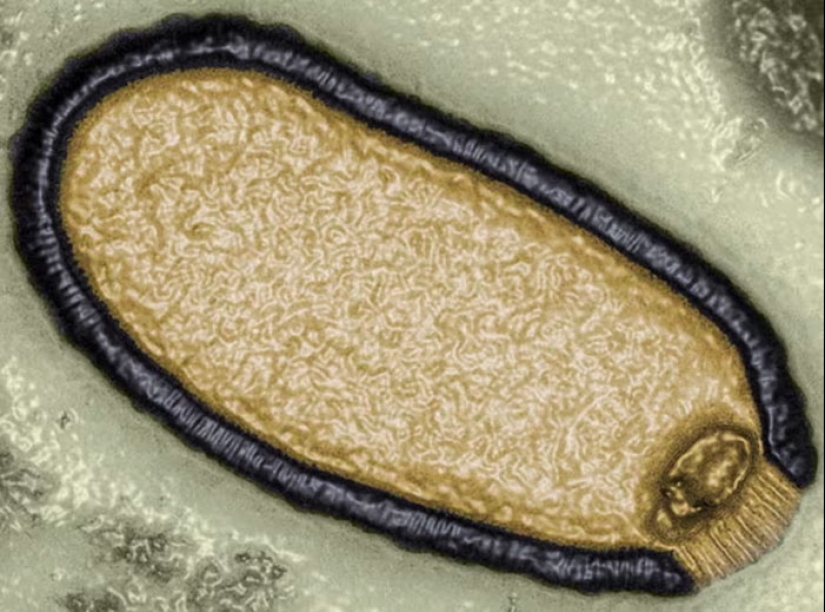
1. Melting Arctic ice in Siberia may release ancient “zombie” viruses, posing a potential global health crisis
Image credits: Jean-Michel Claverie/IGS/CNRS-AM
Experts have reportedly been collaborating with the University of the Arctic, an international educational and research cooperative, on organizing a surveillance network to assist with determining cases of diseases caused by the ancient micro-organisms, as early as possible, to avoid their spread spiraling out of control, the New York Post reported.
The monitoring network would supply quarantine facilities and medical services for those potentially infected by those zombie viruses to help minimize a potential outbreak, including preventing contagious patients from leaving the region, as per The Post.
The zombie viruses, scientifically recognized as Methuselah microbes, are reportedly capable of remaining viable for tens of thousands of years encased in the frozen soil, which covers nearly 20% of the Earth’s northern hemisphere.
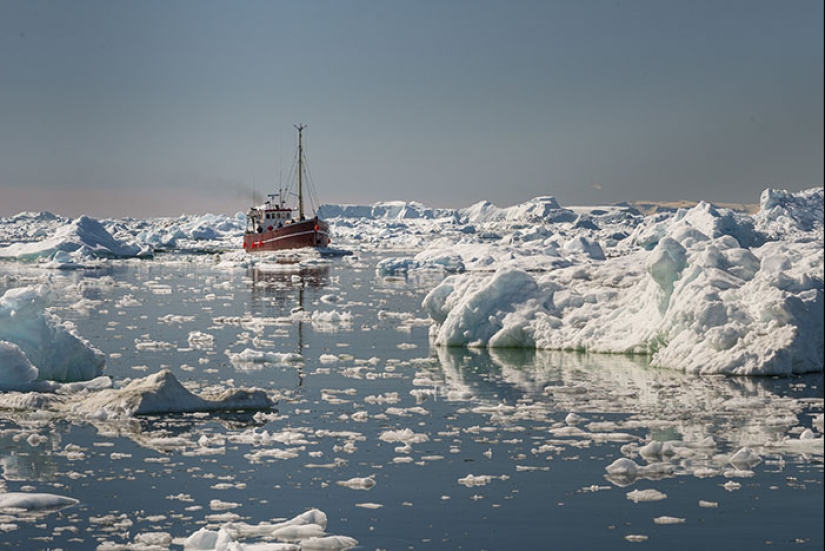
2. Permafrost is any ground that remains completely frozen, 32°F (0°C) or colder, for at least two years straight
Image credits: Freepik
Professor Claverie said: “The crucial part about permafrost is that it is cold, dark, and lacks oxygen, which is perfect for preserving biological material.
“You could put a yogurt in permafrost, and it might still be edible 50,000 years later.”
According to NASA, permafrost is any ground that remains completely frozen, 32°F (0°C) or colder, for at least two years straight.
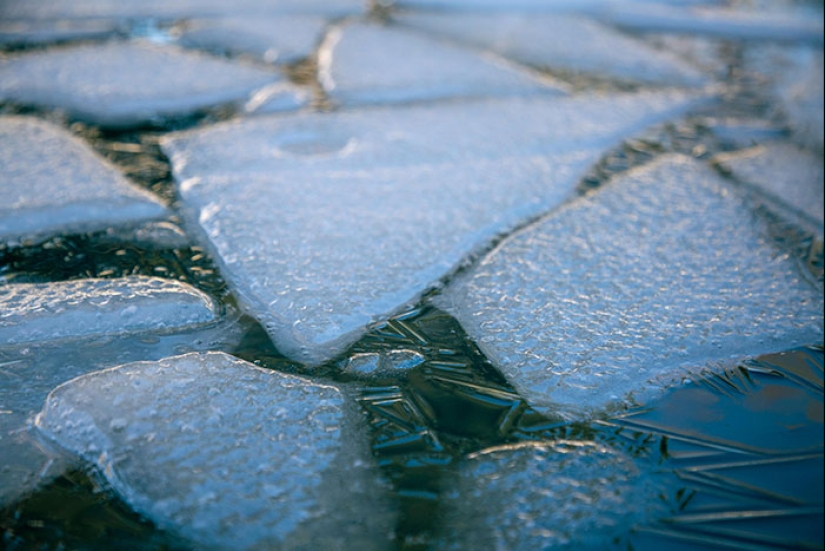
3. Experts have been collaborating with the University of the Arctic on organizing a surveillance network to help minimize a potential outbreak
Image credits: James Cheney
The geneticist also explained that the disappearance of Arctic sea ice, caused by global warming, posed a massive risk to human health, and added: “That is allowing increases in shipping, traffic, and industrial development in Siberia.
“Huge mining operations are being planned and are going to drive vast holes into the deep permafrost to extract oil and ores.
“Those operations will release vast amounts of pathogens that still thrive there. Miners will walk in and breathe the viruses. The effects could be calamitous.”
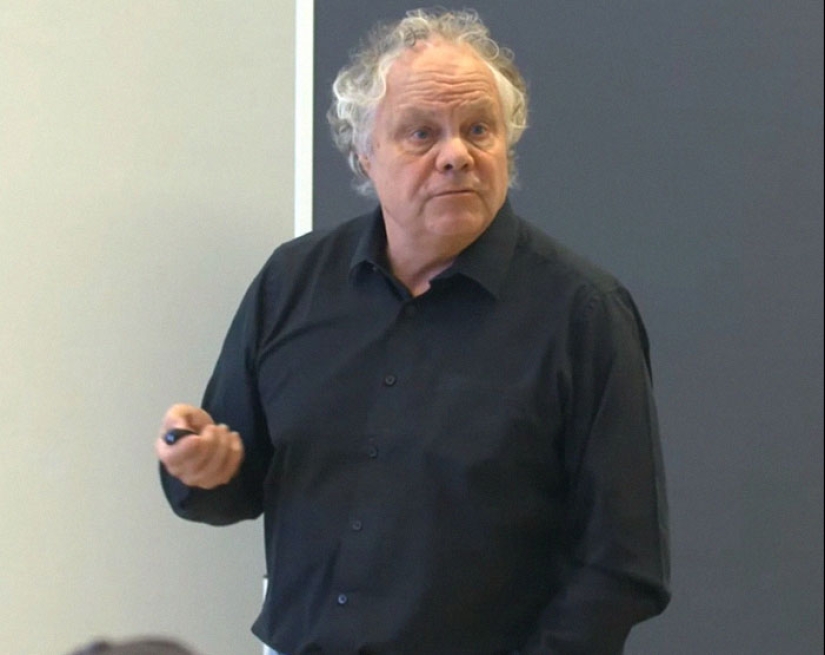
4. “We now face a tangible threat and we need to be prepared to deal with it. It is as simple as that,” geneticist Jean-Michel Claverie said
Image credits: NASEM Health and Medicine Division
Scientists reportedly believe that the deepest layers of permafrost could be preserving viruses that inhabited the Earth up to a million years ago, meaning long before humans’ most ancient ancestors, who are believed to have made their first appearance on the planet some 300,000 years ago.
As a result, if there were to be a zombie virus outbreak, we would have no natural immunity to defend ourselves against it.
Professor Claverie explained: “Our immune systems may have never been in contact with some of those microbes, and that is another worry.
“The scenario of an unknown virus once infecting a Neanderthal coming back at us, although unlikely, has become a real possibility.”
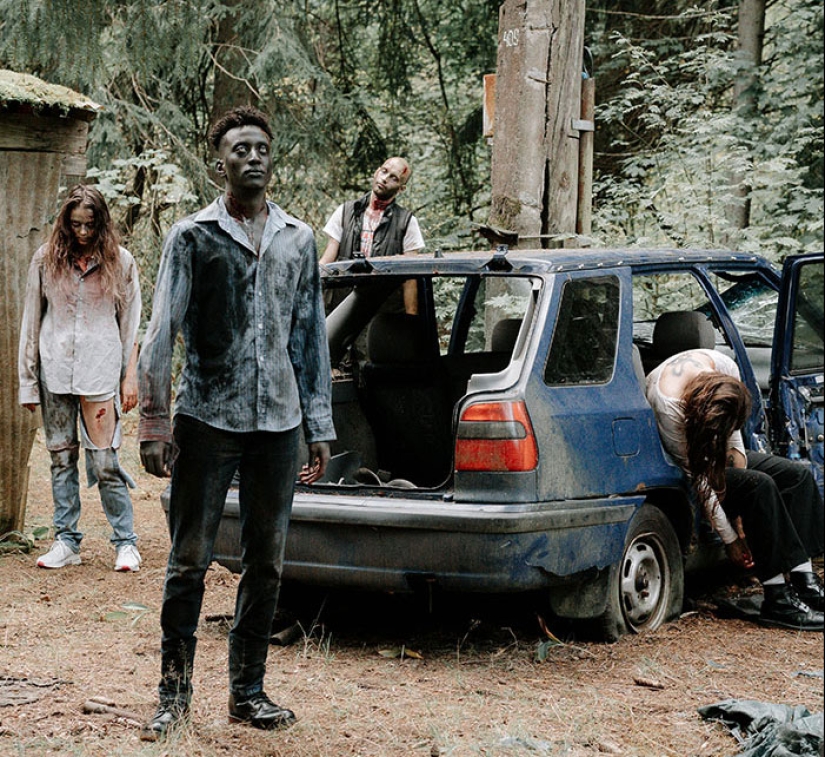
5. The zombie viruses, scientifically recognized as Methuselah microbes, are capable of remaining viable for tens of thousands of years encased in the frozen soil
Image credits: cottonbro studio
A lot of mystery surrounds the extinction of Neanderthals, with hypotheses including violence, transmission of diseases from modern humans to which Neanderthals had no immunity, competitive replacement, extinction by interbreeding with early modern human populations, natural catastrophes, climate change, and inbreeding depression.
Despite the chances of such prehistoric organisms breaking out of their frozen habitat in the most remote regions of Earth to start a new global pandemic remaining unlikely, virologists believe there’s at least some room for concern, as per The Post.
Virologist Marion Koopmans of the Erasmus Medical Center in Rotterdam revealed: “We don’t know what viruses are lying out there in the permafrost, but I think there is a real risk that there might be one capable of triggering a disease outbreak, say of an ancient form of polio.
“We have to assume that something like this could happen.”







6. “Here we go again,” a reader quipped
Keywords: Tangible threat | Scientists | Zombie viruses | Medicine | Genomics | Health crisis | Global health crisis | Pandemic
Post News ArticleRecent articles

It's high time to admit that this whole hipster idea has gone too far. The concept has become so popular that even restaurants have ...

There is a perception that people only use 10% of their brain potential. But the heroes of our review, apparently, found a way to ...
Related articles

Have you heard of such a phenomenon as the doorway effect? Let's put it simply: have you ever walked into a room and immediately ...

Most of us think that the color of the eggshell does not play any role and it is possible not to pay attention. But it's not and ...

"Wash your hands before eating!" — a phrase familiar to us since childhood. The parents explained that with the help of this ...

New Year's is a time to surprise and delight loved ones not only with gifts but also with a unique presentation of the holiday ...